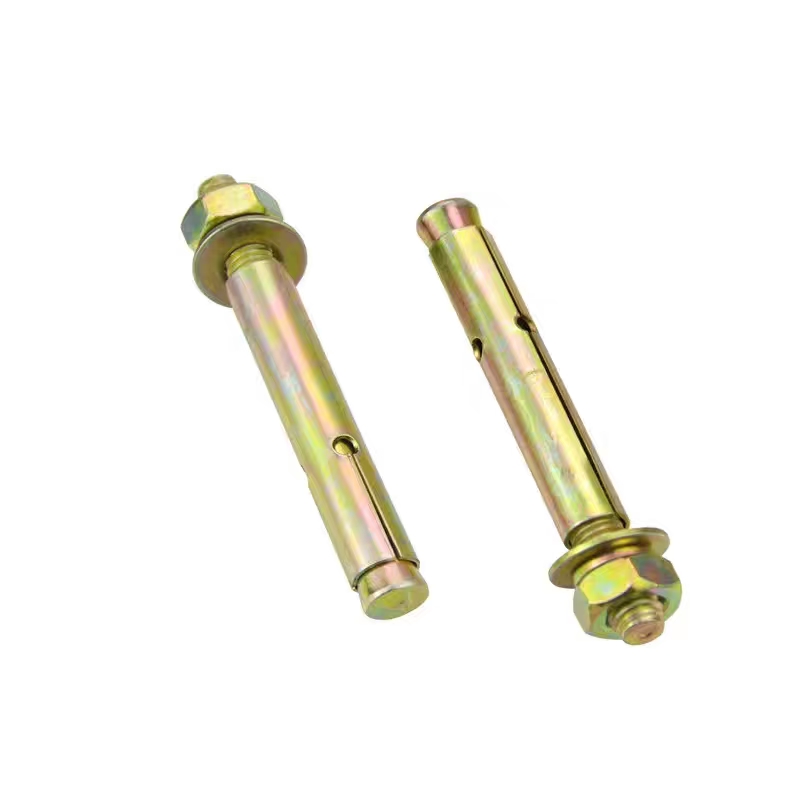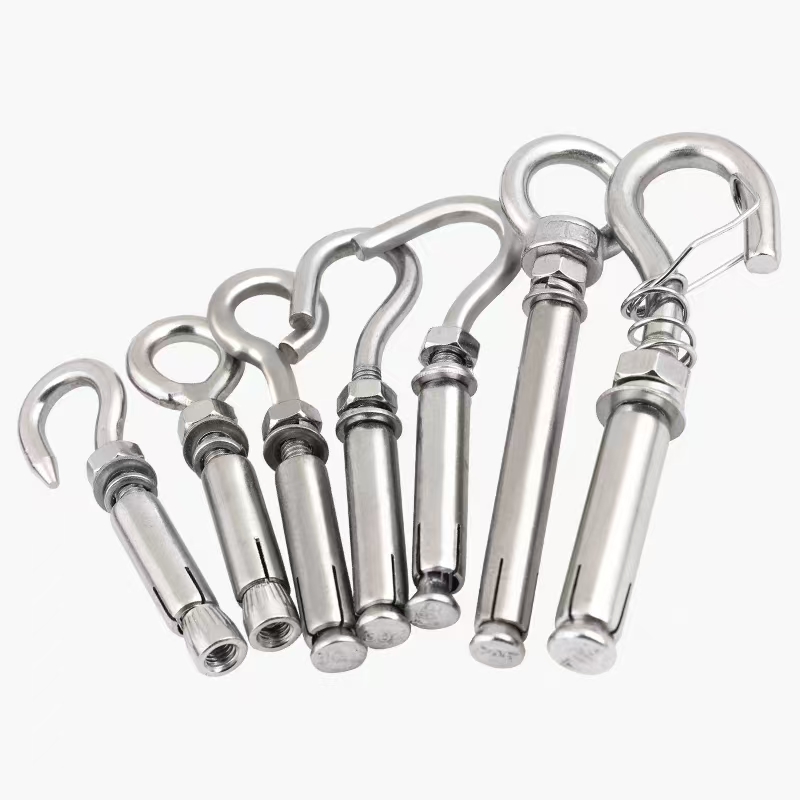- Chinese
- French
- German
- Portuguese
- Spanish
- Russian
- Japanese
- Korean
- Arabic
- Irish
- Greek
- Turkish
- Italian
- Danish
- Romanian
- Indonesian
- Czech
- Afrikaans
- Swedish
- Polish
- Basque
- Catalan
- Esperanto
- Hindi
- Lao
- Albanian
- Amharic
- Armenian
- Azerbaijani
- Belarusian
- Bengali
- Bosnian
- Bulgarian
- Cebuano
- Chichewa
- Corsican
- Croatian
- Dutch
- Estonian
- Filipino
- Finnish
- Frisian
- Galician
- Georgian
- Gujarati
- Haitian
- Hausa
- Hawaiian
- Hebrew
- Hmong
- Hungarian
- Icelandic
- Igbo
- Javanese
- Kannada
- Kazakh
- Khmer
- Kurdish
- Kyrgyz
- Latin
- Latvian
- Lithuanian
- Luxembou..
- Macedonian
- Malagasy
- Malay
- Malayalam
- Maltese
- Maori
- Marathi
- Mongolian
- Burmese
- Nepali
- Norwegian
- Pashto
- Persian
- Punjabi
- Serbian
- Sesotho
- Sinhala
- Slovak
- Slovenian
- Somali
- Samoan
- Scots Gaelic
- Shona
- Sindhi
- Sundanese
- Swahili
- Tajik
- Tamil
- Telugu
- Thai
- Ukrainian
- Urdu
- Uzbek
- Vietnamese
- Welsh
- Xhosa
- Yiddish
- Yoruba
- Zulu
- Kinyarwanda
- Tatar
- Oriya
- Turkmen
- Uyghur

wholesale 50mm u bolt
Exploring the World of Wholesale 50mm U Bolts
Understanding the ins and outs of sourcing wholesale 50mm U bolts can be tricky. Whether you're dealing with quality concerns or navigating supplier relationships, this area of fasteners has its own nuances worth exploring.
Understanding 50mm U Bolts
The first thing to consider is the basic structure and purpose of a 50mm U bolt. These bolts are essential in many industries due to their ability to securely hold pipes, round objects, and even heavy structures. The 50mm specification refers to the diameter, which is crucial for ensuring a tight fit and optimal strength. This isn't just a detail; it's a critical factor in choosing the right bolt for your needs.
Another aspect is the material. Most 50mm U bolts are made from stainless steel or galvanized steel, each offering unique benefits. Stainless steel resists corrosion and is often used in marine environments, while galvanized steel offers a more budget-friendly option with good rust resistance. It's essential to match your material choice with the specific environmental demands you'll face.
Missteps are common here. I've seen companies invest heavily in lower-cost options only to face early corrosion problems because the material wasn't up to the task. Choosing correctly can save you money in the long run, preventing failed installations and costly replacements.
The Importance of Quality in Fasteners
Quality assurance can't be overlooked. In my experience, it's vital to establish a relationship with reputable suppliers who are committed to delivering high-standard products.
Handan Zitai Fastener Manufacturing Co., Ltd., for example, is strategically located in Yongnian District, Handan City, a major hub for standard part production in China. Easy access to transport routes like the Beijing-Guangzhou Railway and Beijing-Shenzhen Expressway underscores their capability to ship efficiently. You can explore more about their offerings on their website, zitaifasteners.com.
The advantage of sourcing from such regions cannot be overstated; the local expertise and high production volume often mean you get better pricing and more reliable delivery schedules.
Choosing the Right Supplier
Supplier selection is more than just finding the cheapest option. It's about balance between cost, quality, and service. Establishing trust is crucial, especially when dealing in wholesale quantities where stakes are high.
A supplier's track record speaks volumes. Long-term partnerships often indicate reliability and consistency. In one instance, I collaborated with a supplier who provided impeccable documentation - from tensile strength certificates to material composition reports. This information is invaluable in ensuring you get what you pay for.
Moreover, ask about their problem-solving approach. If a shipment is delayed or the product doesn't meet specifications, a proactive supplier will work with you to address these issues efficiently and satisfactorily.
Deal-Breakers in Sourcing Bolts
Besides quality and price, there are logistical considerations. Timely delivery is critical, but beware of hidden costs such as shipping fees or customs duties that can inflate your expenses unexpectedly.
I once nearly lost a key client because the supplier didn't disclose longer lead times during the holiday season. Learning from this, I always build in buffer time for deliveries and confirm all aspects of shipping before placing a large order.
Communication is another often overlooked factor. Ensure your supplier can provide clear, prompt updates and respond to inquiries swiftly. Miscommunications here can lead to misunderstood specs and costly errors.
Market Trends and Future Considerations
The fastener industry is not static. Innovations in materials and design, along with shifts in global manufacturing dynamics, can affect availability and pricing. Staying informed helps mitigate risks.
Sustainability is becoming increasingly relevant. As companies aim to reduce their carbon footprint, the demand for eco-friendly materials and processes is rising. This can influence material choice and supplier selection. Ask potential suppliers about their sustainability practices if this aligns with your corporate goals.
Finally, flexibility is key. The ability to adapt to new materials, designs, and market conditions will serve you well in maintaining a competitive edge. Engaging with industry forums, attending trade shows, or even directly connecting with manufacturers like Handan Zitai can provide valuable insights into future trends.
Related products
Related products
Best selling products
Best selling products-
 Basket bolts
Basket bolts -
 Electrogalvanized expansion bolts
Electrogalvanized expansion bolts -
 Hot-dip galvanized hexagonal bolts
Hot-dip galvanized hexagonal bolts -
 Colored zinc flange bolts
Colored zinc flange bolts -
 Welding nails
Welding nails -
 Colored zinc-plated cross countersunk drill thread
Colored zinc-plated cross countersunk drill thread -
 Colored zinc-plated nuts
Colored zinc-plated nuts -
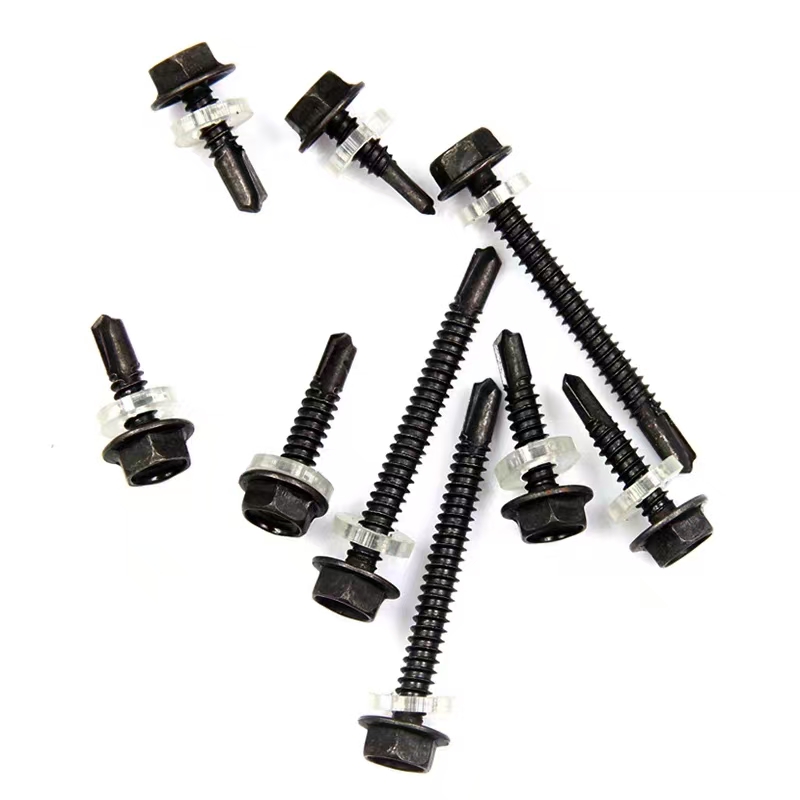 Black zinc-plated hexagonal drill tail wire
Black zinc-plated hexagonal drill tail wire -
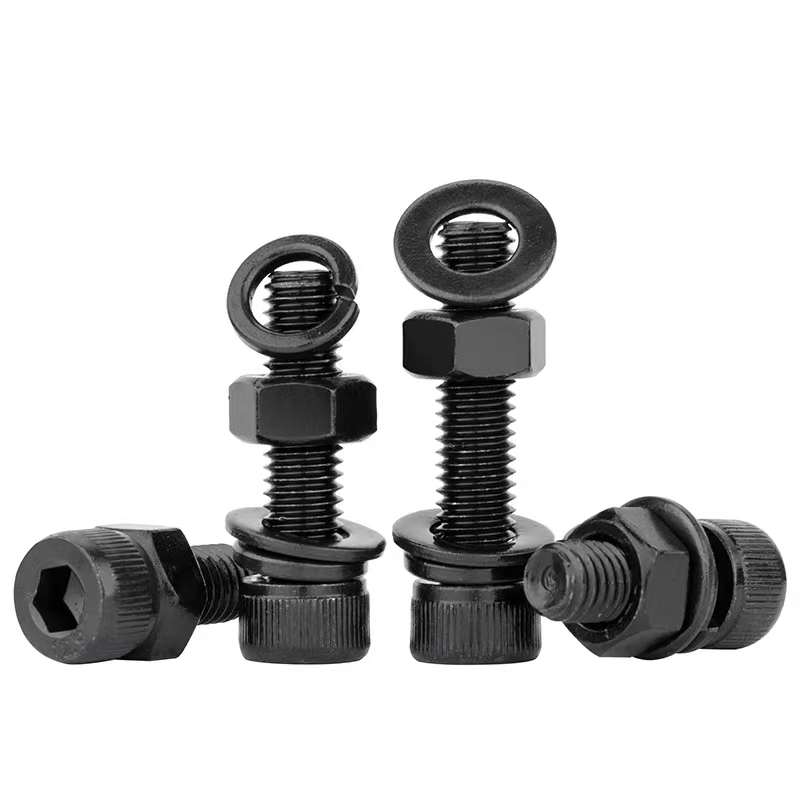 Hexagon socket black zinc-plated bolts
Hexagon socket black zinc-plated bolts -
 7-shaped anchors (7-shaped anchor bolts)
7-shaped anchors (7-shaped anchor bolts) -
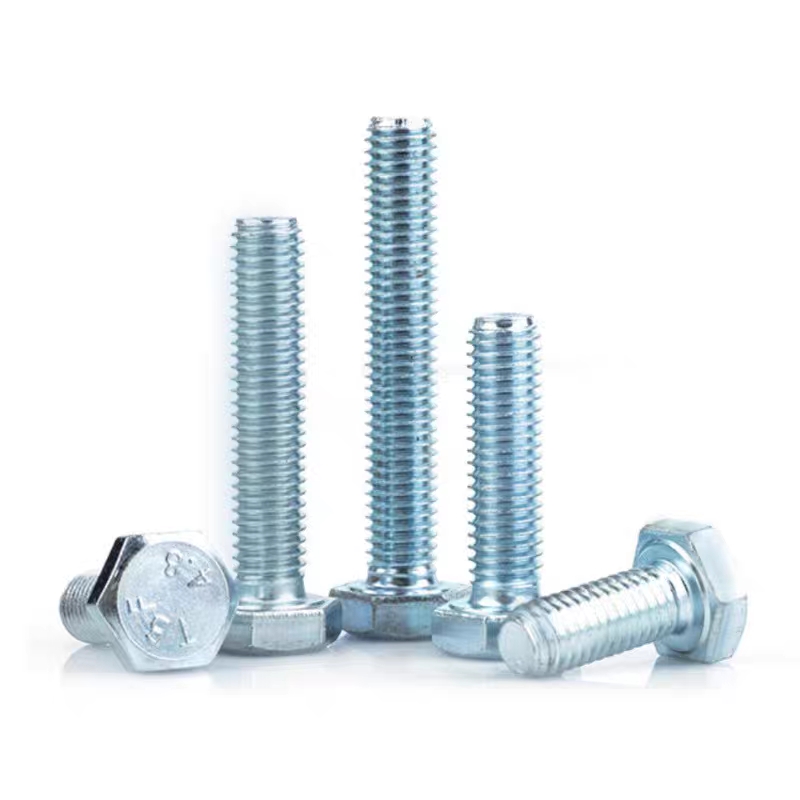 Electrogalvanized hexagonal bolts
Electrogalvanized hexagonal bolts -
 High-strength blackened nuts
High-strength blackened nuts


